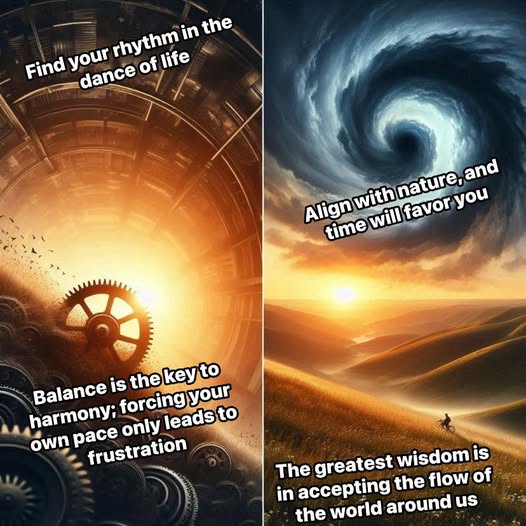
In a small village nestled between rolling hills, there lived a wise old clockmaker named Ewan. His workshop was filled with ticking clocks of all shapes and sizes, each one a testament to his skill and understanding of time. But among the villagers, Ewan was known for more than just his craftsmanship—he was a storyteller, weaving tales that held deep lessons about life.
One chilly evening, as the villagers gathered around the warm glow of Ewan’s fireplace, he began a story that would linger in their hearts forever.
“Once upon a time,” Ewan started, “in a faraway land, there existed a grand mechanical clock. This clock was no ordinary timepiece; it was powered by two massive cogwheels. The first cog, named Viridis, was ancient and mighty, representing the natural world. It turned steadily, guided by the rhythms of the seasons, the ebb and flow of rivers, and the rising and setting of the sun.
The second cog, named Humanus, was newer, smaller, and full of ambition. Humanus believed it could dictate the speed of the entire clock. ‘If I turn faster,’ thought Humanus, ‘the world will move at my pace, and I shall accomplish all my dreams swiftly.’
And so, Humanus spun with all its might, trying to outpace Viridis. At first, it seemed like it could control the flow of time. Days felt shorter, and tasks appeared to be completed in the blink of an eye. But soon, Humanus began to wear down. The strain of keeping up with its own ambitions left it cracked and groaning. The faster it spun, the more it realized that no matter how hard it tried, Viridis remained steady and unyielding.
Frustrated and exhausted, Humanus finally cried out, ‘Why won’t you match my pace, Viridis? Why must you move so slowly?’
Viridis, with its deep, resonant voice, replied, ‘I move in harmony with the world’s natural rhythms. You see, the world is vast and complex, and its pace cannot be hurried. You, dear Humanus, must learn to align with my flow rather than force your own.’
It was then that Humanus understood. It could never control the grand design of life by itself. Instead, it needed to work in harmony with Viridis, finding its own rhythm within the greater system.
From that day forward, Humanus turned at a more measured pace, aligning with Viridis. The clock continued to tick, but now, it did so in perfect harmony. The days felt balanced, and the world moved at a pace that was both sustainable and fulfilling.”
Ewan paused, letting the crackling of the fire fill the room. “You see,” he continued, “like Humanus, we often try to control our lives, rushing to achieve our desires and ambitions. But the natural world, much like Viridis, has its own rhythm. Stress and frustration come when we resist this rhythm, trying to force our own pace upon it.
True peace,” Ewan concluded, “comes when we accept reality, understand our limits, and move in harmony with the world around us. Only then can we find a balance that leads to genuine fulfillment.”
The villagers sat in thoughtful silence, the lesson of the two cogs etched into their hearts. And from that day on, they approached life with a newfound wisdom, seeking harmony rather than control, and finding peace in the acceptance of reality.
Stress, therefore, is not an unavoidable part of life but a consequence of our resistance to reality. By accepting the world as it is and working within its boundaries, we can alleviate much of this self-inflicted burden.

